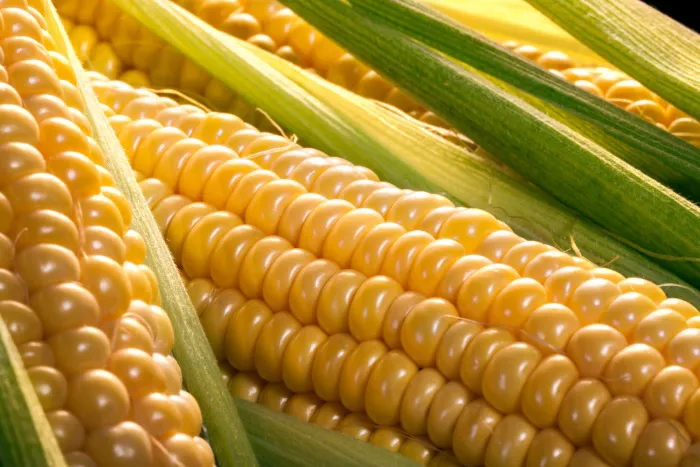Slow Food, a global movement advocating for food sustainability and quality, has unveiled a forward-looking strategy aimed at addressing critical challenges that affect our planet and its inhabitants. This visionary approach, outlined in the newly launched Slow Food participatory process report, was presented during the Slow Beans event in Capannori, Italy. It represents a collective effort to shape a more sustainable future.
The report, a culmination of global discussions involving a diverse array of stakeholders, including farmers, fishers, food artisans, Indigenous Peoples, chefs, youth, educators, and activists, emphasizes the urgent need to transition towards a diet that is both healthy and plant-centric. At its core, this vision champions agroecological farming and artisanal fishing.
Slow Food acknowledges that the unbridled rise in the consumption of industrially produced animal-derived foods over recent decades has taken a toll on food security, public health, animal welfare, and has contributed significantly to the climate crisis. As noted by Richard McCarthy, a member of the Slow Food Board, the time has come to address these issues head-on.
“We need to take action, and we need to do it now,” McCarthy emphasizes. Slow Food recognizes that the global food system plays a pivotal role in the ongoing challenges of biodiversity loss, emissions, and pollution. Factory farming and intensive fishing practices have far-reaching consequences, impacting not only the environment but also public health, food sovereignty, and animal rights.
The report serves as a testament to Slow Food’s commitment to promoting agroecology, offering a broader vision that prioritizes sustainable agricultural practices. In its pursuit of a more equitable and ecologically sound future, Slow Food strives to raise awareness, encourage collective action, and foster positive change for the benefit of our planet and its precious inhabitants.




















